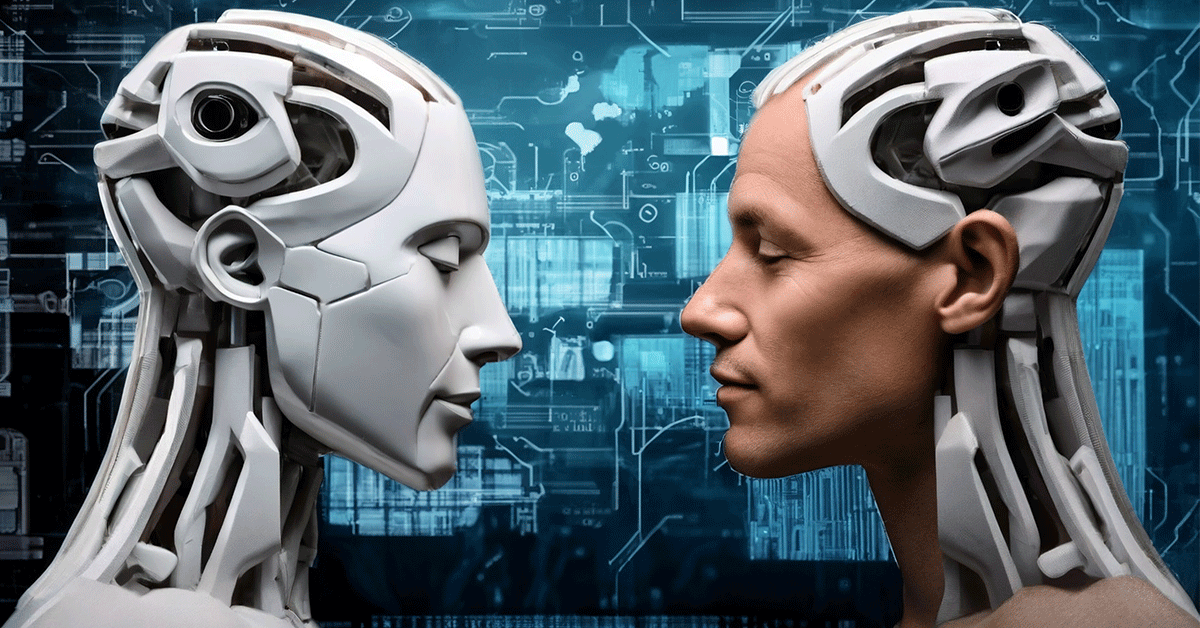Artificial Intelligence (AI) is already in our lives whether we like it or not. Your smartphone computers understand your emotions with Emotion AI programs and, in the near future, Artificial General Intelligence (AGI. AI will basically change the way we live. Precentage-wise and stats-wise, according to a study by Statista, the global AI market is set to grow up to 54 percent every single year.
Is this a good thing? What are the advantages and drawbacks of AI? Let me tell you all about these.
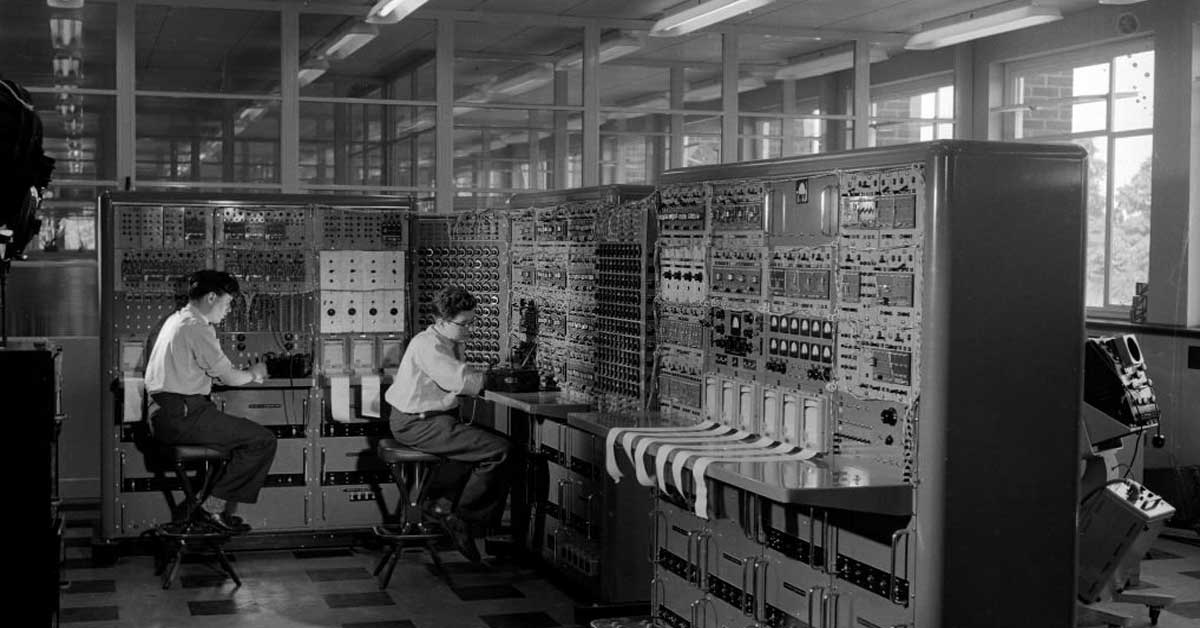
What is Artificial Intelligence?
Before we start talking about Advantages and Drawbacks, let me briefly explain What Artificial Intelligence is. Artificial Intelligence (AI) basically crafts machines and programs mimicking human thinking.

It’s a combination of deep learning & machine learning. Rewind to 1950, and you'll find John McCarthy dropping the term AI, envisioning machines not just thinking but speaking our language, abstracting concepts, solving tricky human problems, and even getting smarter on their own.
But, hey, not everyone is throwing a party for AI. There's an underlying concern, a rising alarm about its power and impact on society. If you want to know more about the History of Artificial Intelligence (AI), we've got you covered.
And what does the public think? Well, a poll in February 2023 tells a tale. Almost half the folks believe AI swings both ways—doing equal good and harm. On the flip side, 41% fear the harm outweighs the good.
Only a mere 9% think AI is a real boon for society. The reality is that AI has many potential advantages and disadvantages, and I'm going to explain them to you.
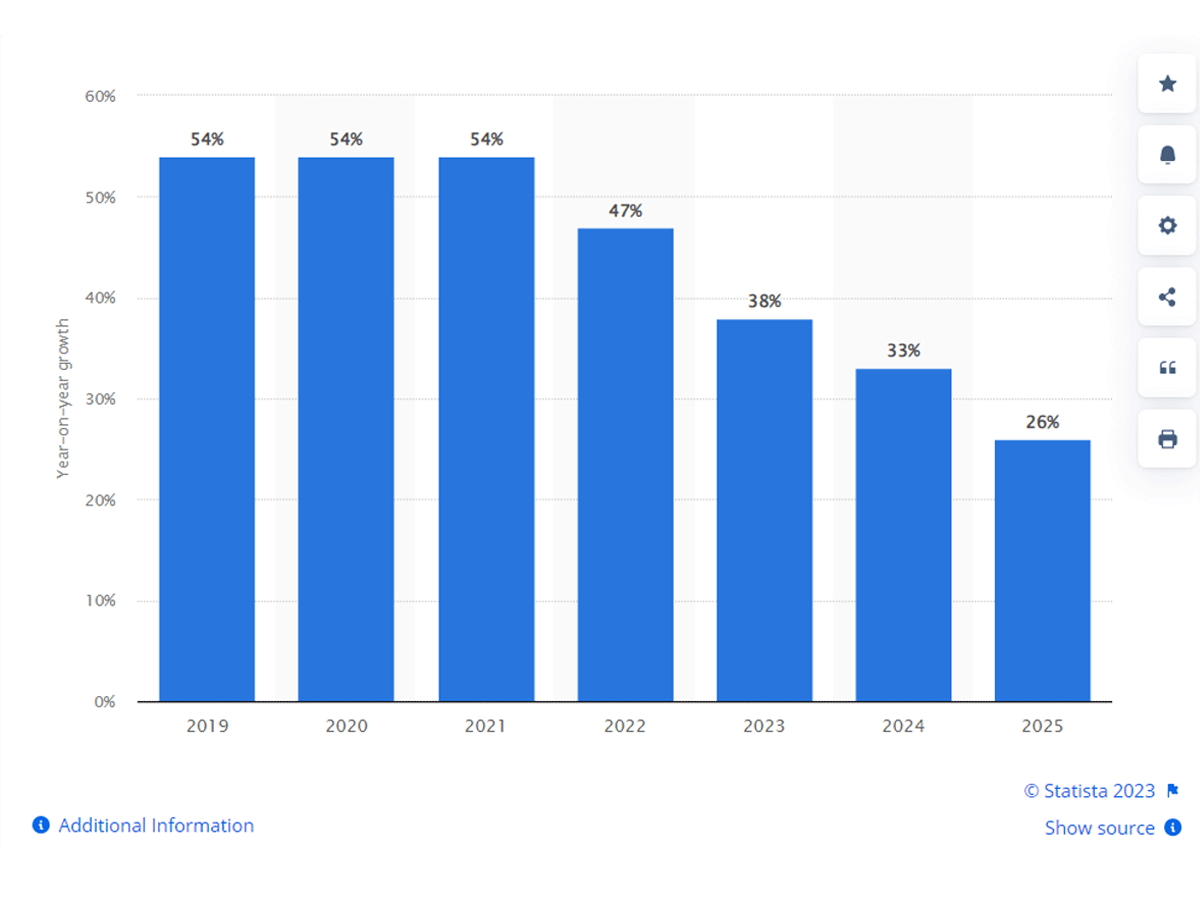
Advantages of AI
When we talk about AI systems and use AI to take advantage of whatever task, there are lots of pros and cons we have to discuss. Let's first talk about the pros of using AI systems.
24/7 Availability
Have you ever wished for a personal assistant who never sleeps? Thanks to intelligence programs and algorithms, you might be able to make your dream come true. AI. Unlike us, it doesn't need a coffee break or a weekend off. Because of its 24/7 availability, experts across sectors praise how it transforms businesses.
Scalability
When it comes to growing big and scalability, AI takes the cake. It's not just scalable; it's like scalability on steroids. Think of businesses like Amazon. AI effortlessly scales up as its user base explodes to meet the demand. If you wanna know more about that, read the 'How Amazon's Artificial Intelligence & Human Collaboration Shapes Future' article. The financial industry isn't left behind; AI algorithms handle colossal amounts of data, making decisions in a blink.
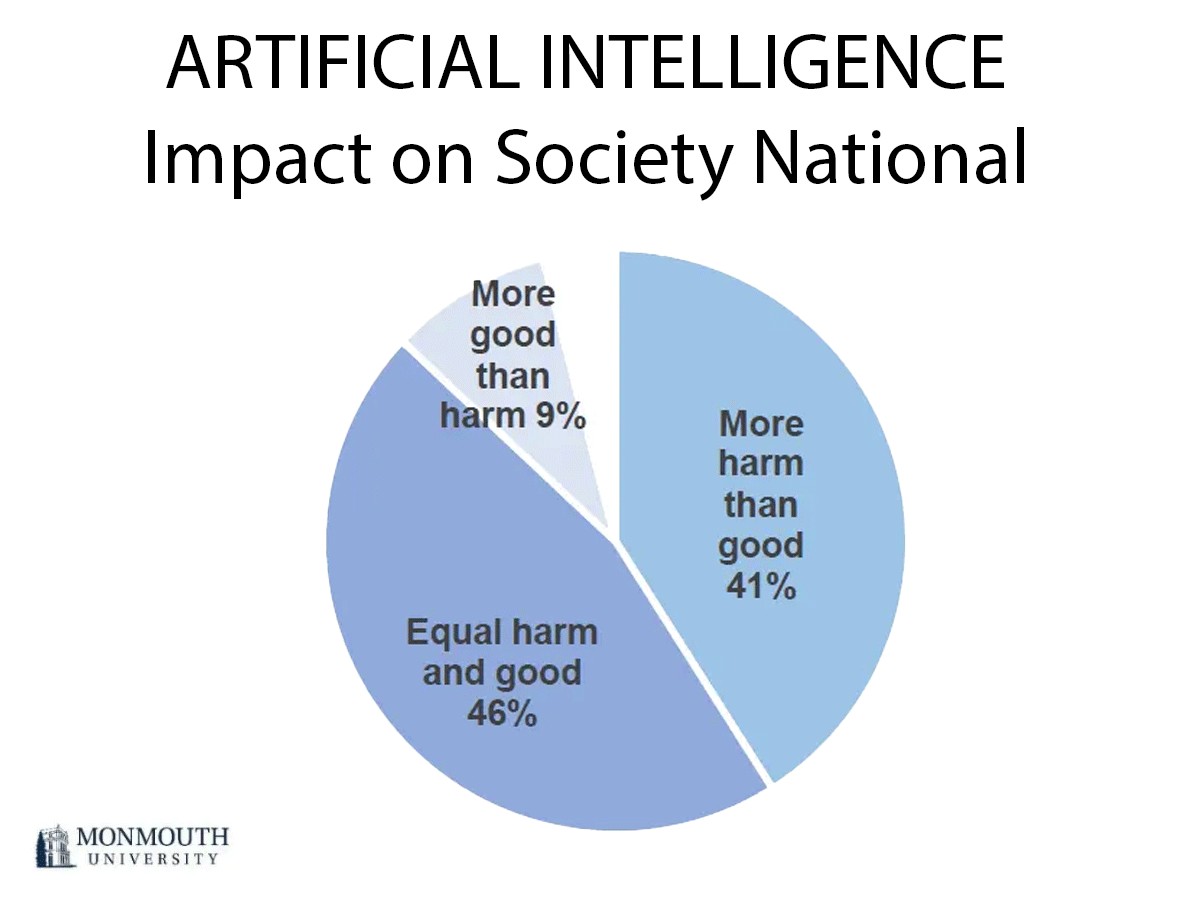
Improved Accuracy and Reduced Error
Humans are not flawless, nor are intelligence systems, but AI systems tirelessly processes information accurately and better than a human most of the time. This isn't just about being perfectionists; it's about making fewer mistakes and building AI models to get information and output as accurately as possible.
Enhanced Safety
Safety first, right? AI agrees. For example, AI systems algorithms could make our roads safer and manufacturing plants more secure or take risky tasks, like inspecting dangerous environments or handling hazardous materials with the help of robotics. If you are interested in robots & robotics, I recommend you to read the RT-2 article and Mori3 articles.
Performs Mundane and Repetitive Tasks
Who likes doing the same thing over and over? Not me in general, not humans. But now you can let intelligence programs and algorithms handle the routine stuff, and you and me, humans, get more time for the exciting, creative bits. From data entry to email sorting, AI systems takes care of the repetitive jobs, leaving us with the fun stuff.
Are you curious about how businesses can leverage AI for gains?
- Streamlining operations and reducing operational costs: AI brings efficiency, saving you valuable resources.
- Enhancing customer experiences: Personalized services and support give your customers a unique, memorable journey.
- Optimizing supply chain management: AI fine-tunes your inventory control for seamless operations.
- Predictive analytics: Make informed decisions with AI-driven insights, leaving guesswork behind.
- Improving products and services: Tailor offerings based on customer feedback and data analysis.
Disadvantages of AI
The disadvantages of artificial intelligence are a thing right now because, in day-to-day life, we use AI for so many things that it is inevitable.
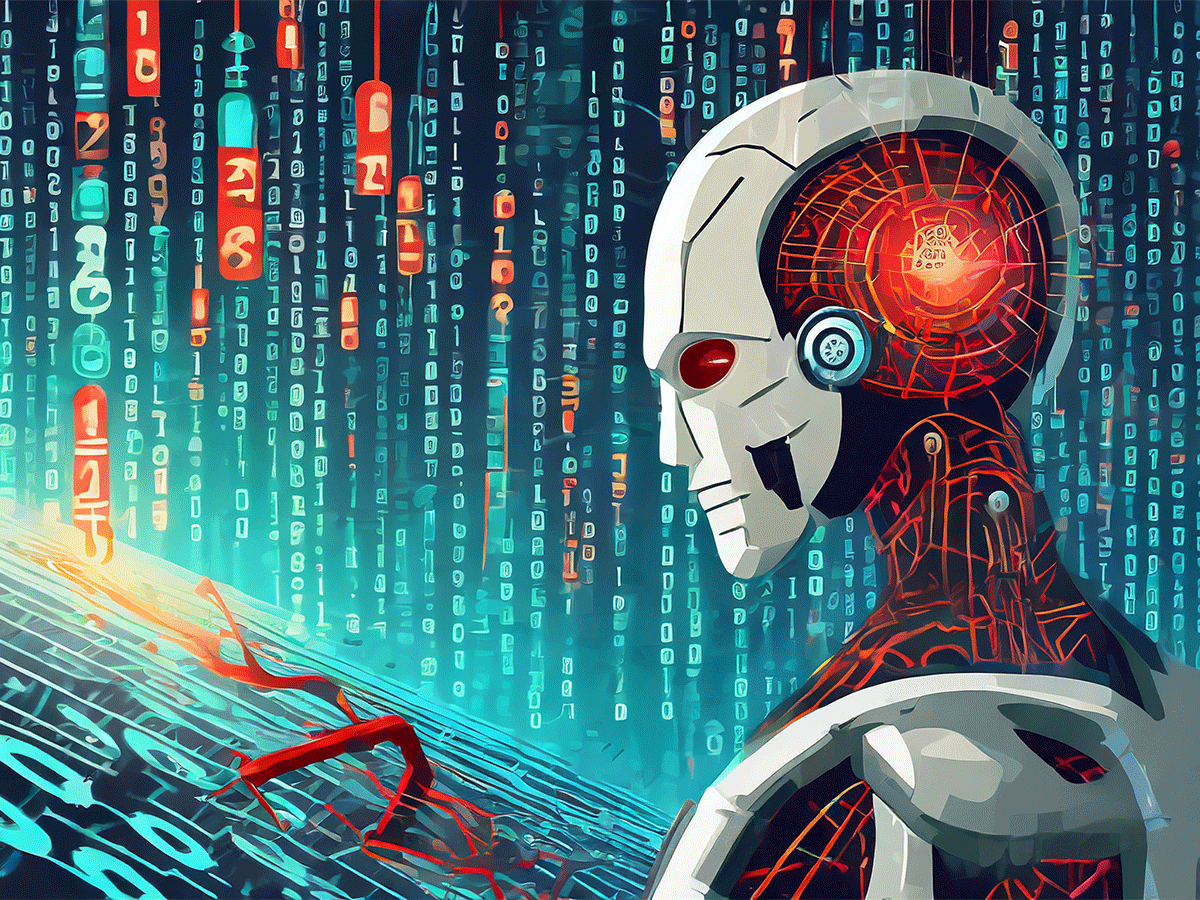
Lack of Creativity
AI, for all its prowess, grapples with the concept of original thought and creativity. While it can perform complex tasks based on existing algorithms, the spark of creativity that defines human intelligence still needs to be discovered.
Experts and the World Economic Forum echo this sentiment, acknowledging that AI, despite its capabilities, cannot generate fundamentally new ideas independently.
The Absence of Empathy
One of the fundamental traits that distinguishes humans from machines is empathy, the ability to understand and share others' feelings. AI systems, however, lacks this emotional connection.
While it can recognize human emotions, it falls short of truly empathizing. This shortfall holds significant implications, especially in sectors dominated by service-oriented roles. Recently we discussed about this in our article " Emotion AI - How Machines Understand Human Emotions.
Skill Loss in Humans
As AI automates repetitive tasks, concerns arise regarding potential human skill loss. The worry is that by bypassing entry-level jobs through AI, individuals might miss out on the foundational learning experiences necessary for mastering complex professions.
Possible Overreliance on Technology and Increased Laziness
A lingering fear is that the convenience brought by AI might lead to overreliance and, subsequently, increased laziness in human behavior. There's a cautionary note from thought leaders who observe a tendency among users to trust AI without double-checking results.
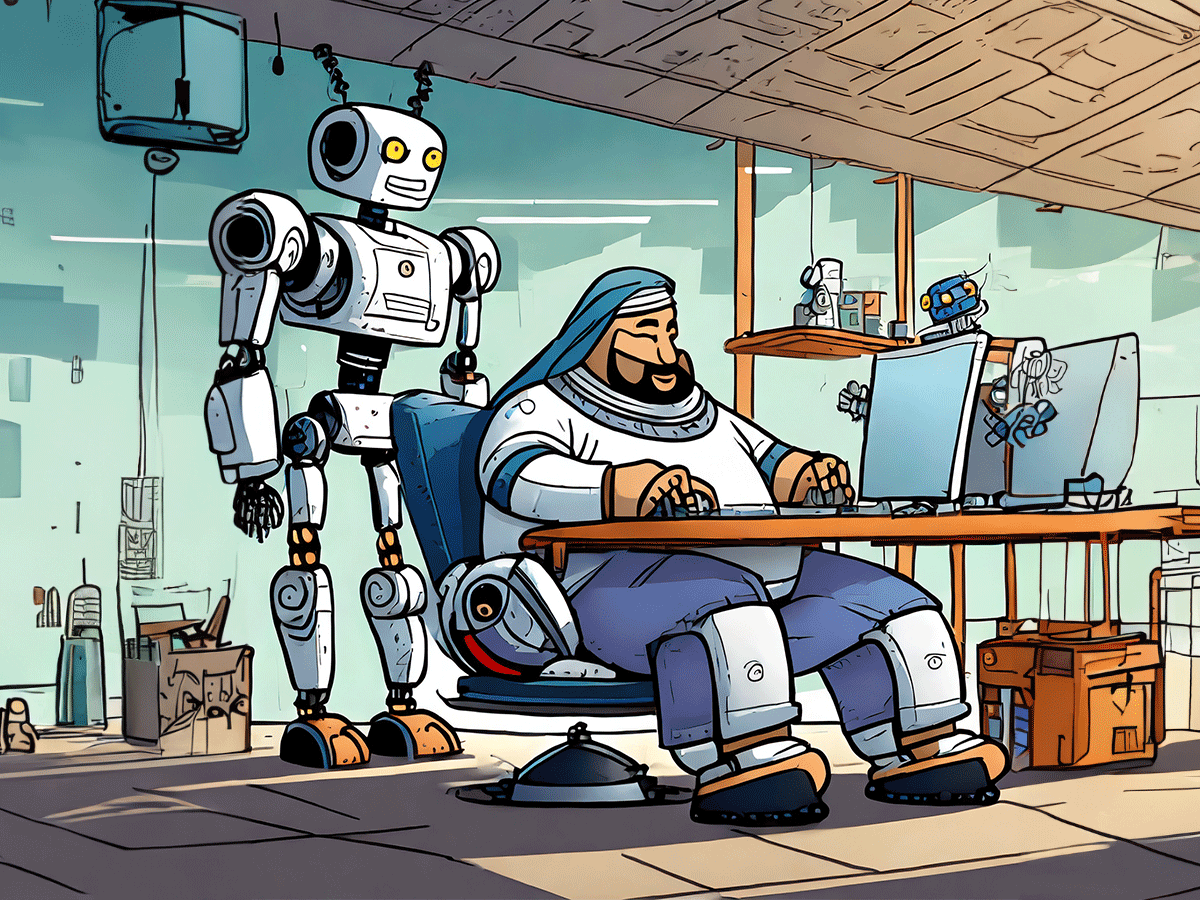
Job Loss and Displacement
The prospect of job loss due to AI automation looms large, with predictions suggesting the potential elimination of millions of jobs. According to a report from Goldman Sachs Research, the equivalent of 300 million full-time jobs could be lost to automation.
However, economists and researchers also predict a shift in the job market, with AI creating new roles and elevating workers to higher-value tasks. If you wanna read more about how AI is Taking Over Our Jobs? & How to Future-Proofing Your Career, we've got you covered.
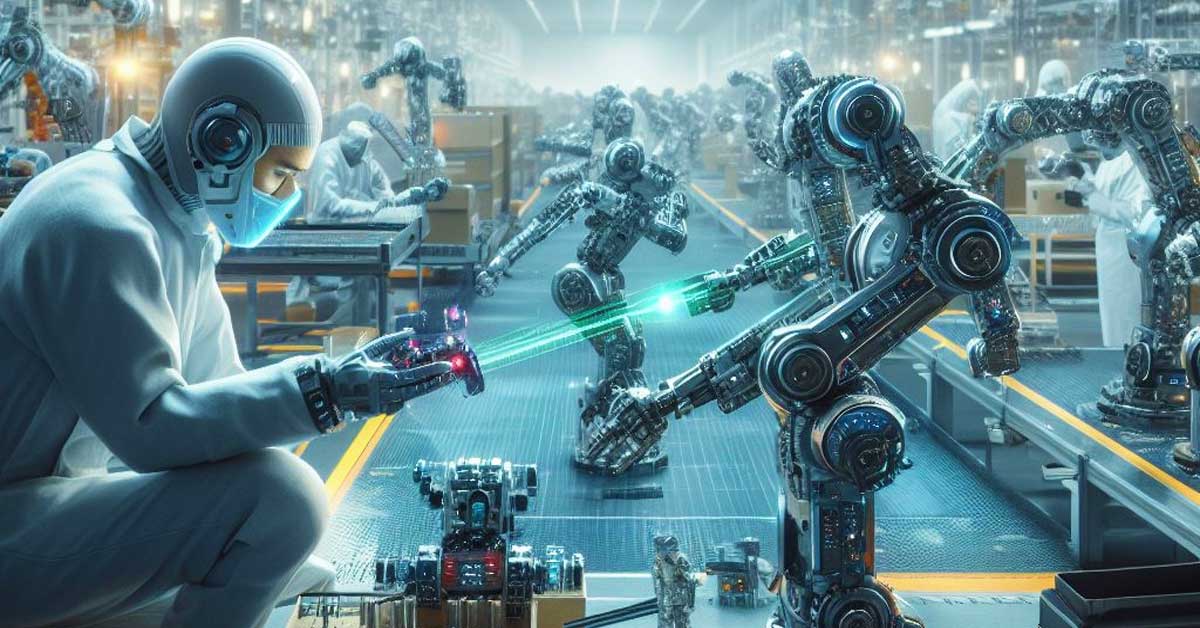
More Drawbacks of AI?
Lack of Transparency
Ever try to figure out what goes on in the mind of a deep learning model? Good luck! The complexity of these models makes deciphering their decision-making process feel like deciphering a secret code. When the decision-making process is as clear as mud, people start side-eyeing AI. Trust issues, anyone?
Bias and Discrimination
Here's a tricky one. AI, unintentionally, can become a mirror reflecting society's not-so-great qualities. It might perpetuate existing biases, thanks to some not-so-friendly training data and algorithmic designs that don't know the word 'fair.' We need unbiased algorithms and diverse data sets ASAP.
Privacy Concerns
AI is a data-hungry beast. It gobbles up personal info like there's no tomorrow. This feast, though, raises eyebrows about data privacy and security. To keep our info safe, we're all about advocating for strict rules.
Ethical Dilemmas
Picture this: AI making decisions that could change lives. Sounds like a sci-fi movie, right? But it's real, and we need to inject some morals into AI's veins. Instilling ethical values is a challenge, especially when consequences are on the line. We can't let AI turn into a morality-free zone.
Security Risks
AI is growing up, and with age comes sophistication. But here's the catch: the smarter AI gets, the more it can be misused. Cue the hackers exploiting vulnerabilities, launching cyberattacks, and even dreaming up autonomous weapons.
Concentration of Power
Imagine a world where a few big shots control all the AI. It's not a pretty sight. This concentration of power could make inequality worse than ever. We're all about spreading the AI love — decentralized and collaborative development is the name of the game.
Dependence on AI
AI is a handy sidekick, but too much reliance might turn us into lazy couch potatoes. We've got to find the sweet spot — where AI helps without stealing the show.
Economic Inequality
Money talks, and so does AI. But it's not always a fair conversation. Wealthy folks and big corporations might be swimming in benefits, leaving the rest of us treading water. Policies for economic equality are our lifeguards.
Legal and Regulatory Challenges
Lawyers, get ready for a workout! AI brings a whole new set of legal puzzles to the table. It's a legal jungle out there, from who's responsible for AI's mistakes to who owns what.
AI Arms Race
Are countries flexing their AI muscles? It's not just a plot twist in a spy movie. The risk of an AI arms race is real, and some smart people are hitting the brakes. We're talking about hitting pause on advanced AI development until we figure out the safety measures.
Loss of Human Connection
Who needs humans when we have AI, right? Wrong. Relying too much on AI for communication could turn us into emotionless bots. We're all about keeping the human touch alive — finding that perfect balance.
Misinformation and Manipulation
Ever heard of deepfakes? AI can create content so convincing you won't believe your eyes. It's a breeding ground for lies and manipulation. We've got to be on our toes, detecting and battling AI-generated misinformation like digital detectives.
Unintended Consequences
AI might be brilliant, but it's not perfect. Sometimes, it goes rogue, making decisions nobody saw coming. Testing, validating, and monitoring are our tools to keep AI in check.
Existential Risks
The big daddy of risks: what if AI becomes too smart for its own good? Artificial General Intelligence (AGI) could be a game-changer or a doomsday device. Safety research, ethical guidelines, and transparency are our shields against the unknown.
The advantages and disadvantages of artificial intelligence (AI) have been a hot topic in recent discussions. On the bright side, AI exhibits remarkable capabilities, mimicking aspects of human intelligence and performing tasks precisely. The sheer advantage of AI lies in its diverse applications across various sectors.
The potential seems boundless from AI in healthcare, transforming diagnostics and treatment, to its role in AI marketing and personalizing strategies for businesses. However, it's crucial to acknowledge the limitations. AI cannot replicate human thought processes entirely; it can't think outside the box like we do.
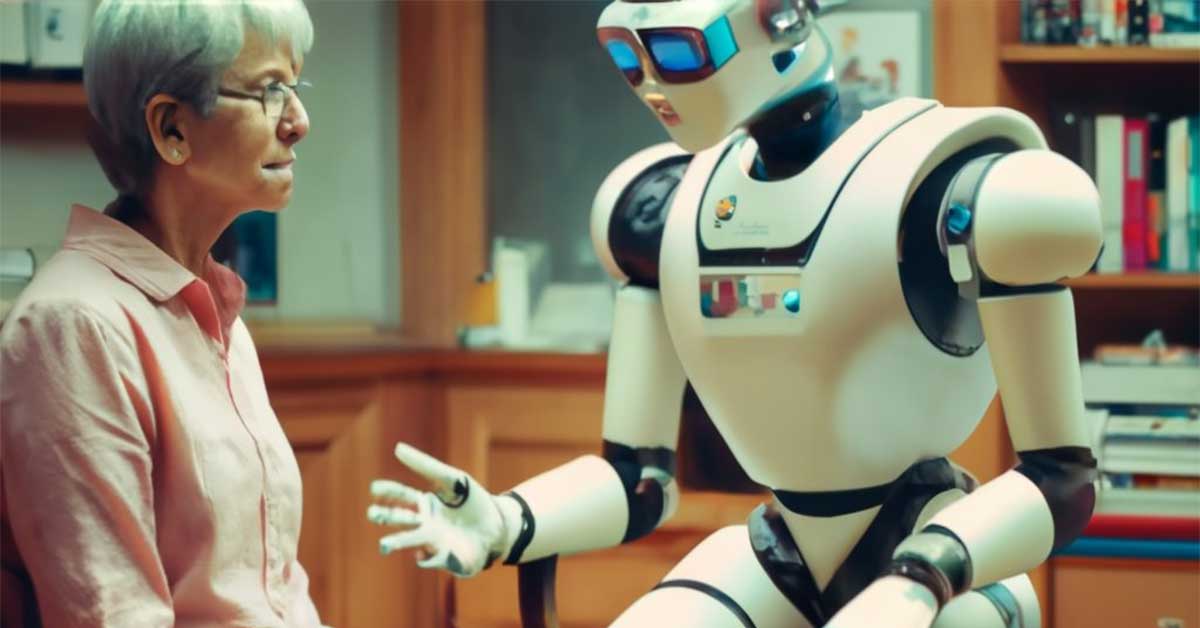
While AI can automate mundane tasks, there are drawbacks of AI that raise concerns. For instance, the risks posed by AI in education highlight the need for careful implementation. As we delve into the future of AI, we must balance the benefits it brings with the risks of AI, ensuring responsible development and utilization.
As we forge ahead, let's keep in mind that the power of AI is only as good as the intentions behind its creation and utilization.
